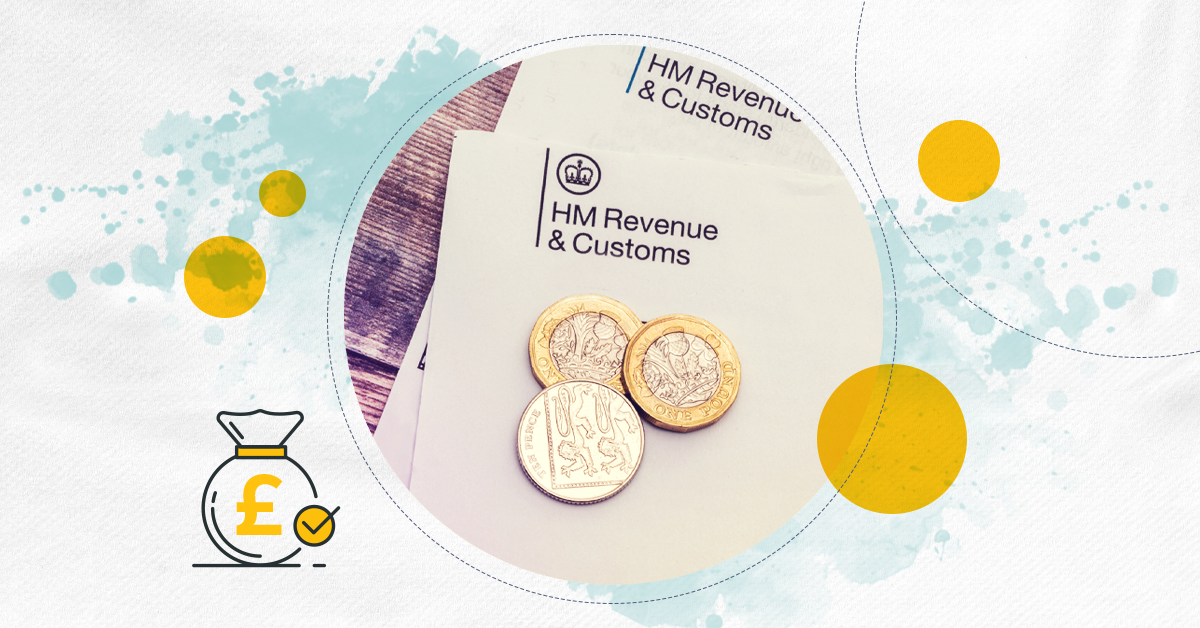Self-Employed Tax
Find out how to be tax efficient, read expert tips about Self Assessments and tax year end, and learn about the importance of digital record keeping.

From January 1st, 2024, digital platforms will now share your income directly with HMRC. Which could mean you incur a tax bill without realising, and end up with a penalty for non-payment.
Reporting is due by January 2025, and covers popular websites and apps including eBay, AirBnB, Vinted and many more, used to sell handcrafted and second-hand items, short-term rentals, and services including freelancing.
Previously HMRC could request seller income and information but it’s now required for platforms to report data automatically by January 2025 on any individuals who sell more than 30 items, or reach an income of £1,735 (€2,000).
The new rules have been brought in as part of the UK signing up to the Organisation for Economic Cooperation and Development (OECD) as part of measures to clamp down on tax avoidance.
If you’re not consciously keeping track of the income from hobbies, side hustles or clearing out your unwanted items, it could mean an unexpected tax bill. Especially if you’re combining multiple income streams.
For most people, the change won’t make a difference to their tax returns or payments. As an individual or sole trader in the UK, you’re automatically entitled to £1000 of gross annual income as a tax-free trading allowance.
This applies to products, services, and property. And if you earn from both self-employment and property, you receive a £1,000 allowance for each.
If your income falls under those amounts, you’re also not required to file a Self Assessment tax return, unless you’re claiming relief for losses, receiving childcare or maternity allowance, or want to voluntarily pay Class 2 National Insurance. More details are available via Gov.uk.
It’s still important to keep records of your income, including invoices, statements, and receipts in case they’re needed. And tracking your income will give you a good idea when you might be reaching the trading allowance threshold, or the point where your details will be shared with HMRC.
And if you’re running a lucrative side hustle or second business, you may already be registered with HMRC and submitting tax returns. In which case, nothing will change.
The big issue will be for those who sell products or services online without realising they may be earning a taxable amount. And don’t realise that they’re liable until HMRC contact them. If you think you might earn close to the trading allowance, then it’s worth speaking to an accountant or specialist tax advisor (IPSE members have access to a tax and legal helpline for advice).
Find out how to be tax efficient, read expert tips about Self Assessments and tax year end, and learn about the importance of digital record keeping.
IPSE provides you with all the advice and guidance required to ease the burden of tax, delivered by knowledgeable and friendly taxation experts at Markel.
Unlock our range of business insurances, templates, guides, and lifestyle benefits. With the right protection for your business, you can focus on what you do best.

Freelance writer, marketer, SEO
Get tailored content, early bird event invites, and exclusive competition notifications, plus the best news and updates for everything self-employed.
Why life, critical illness, and income protection insurance are not just nice-to-haves but essential pillars for your financial security.
IPSE's Andy Chamberlain provides an update on the MSC investigations, with progress painfully slow for all involved.
Data breach management best practices for independent professionals and the self-employed, with 5 tips for an effective response.
IPSE's Joshua Toovey walks freelancers through how they can influence their local candidates when discussing the issues that matter to their business.
IPSE's Joshua Toovey reviews what the Conservative Party Manifesto offers the self-employed and argues that company directors have again been overlooked.
